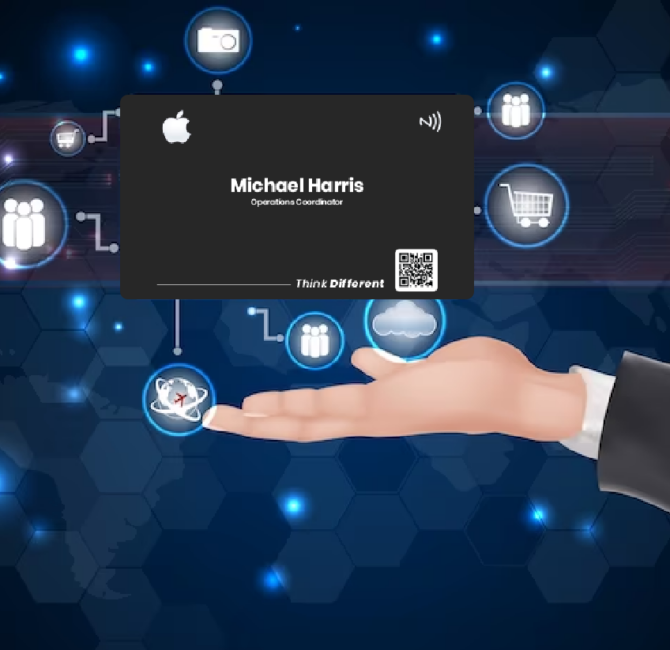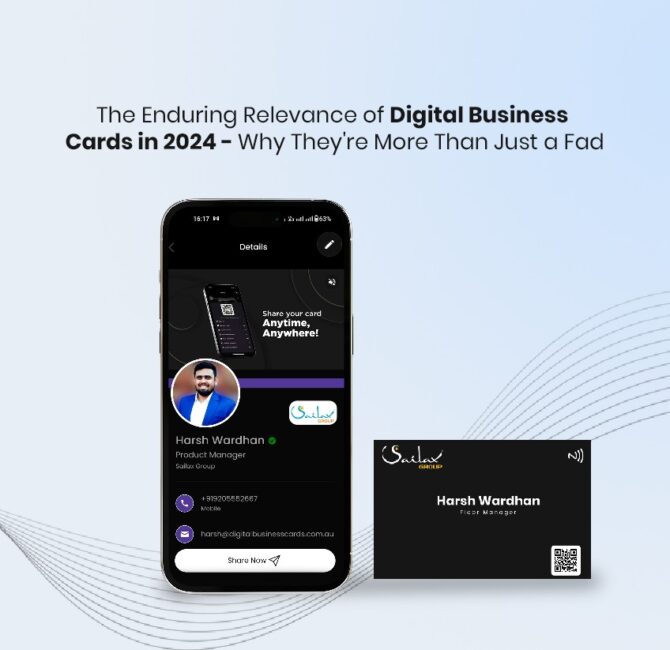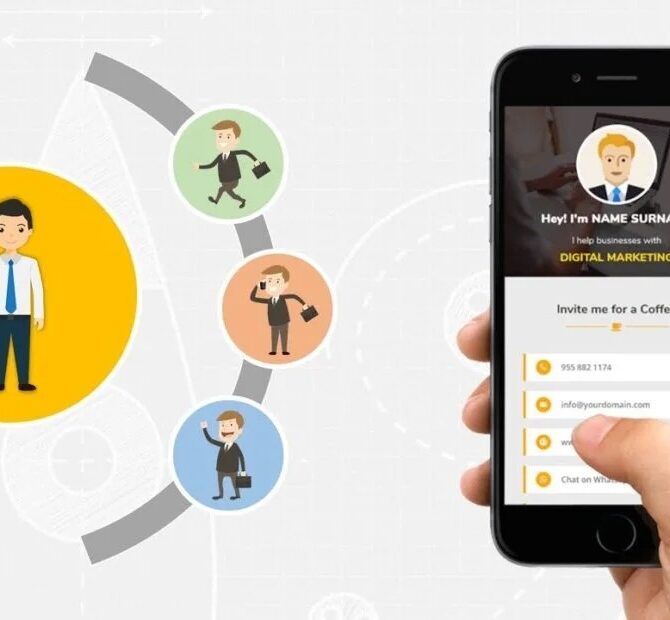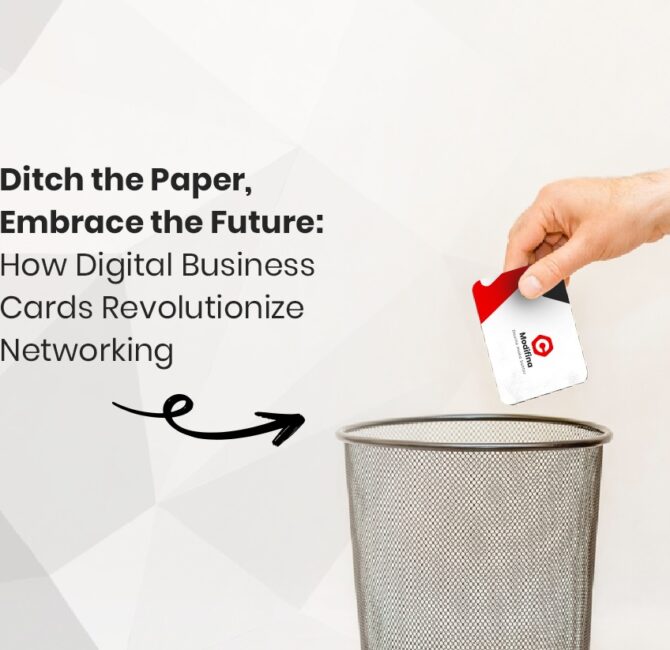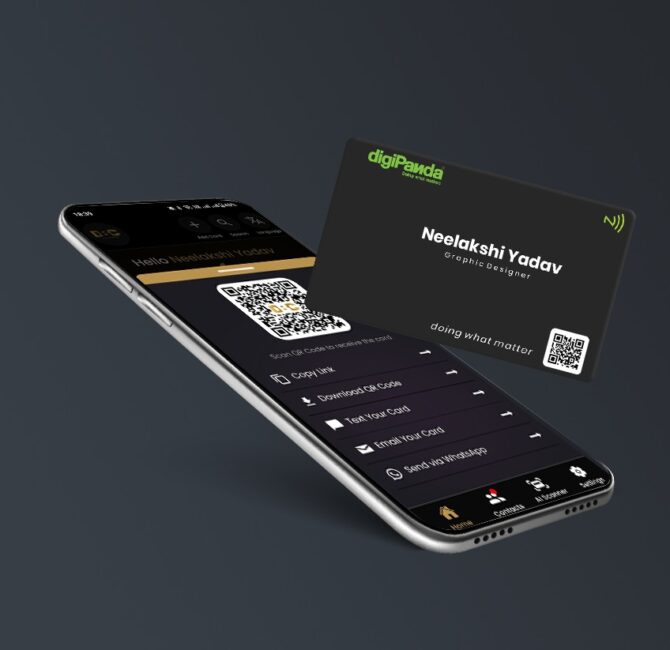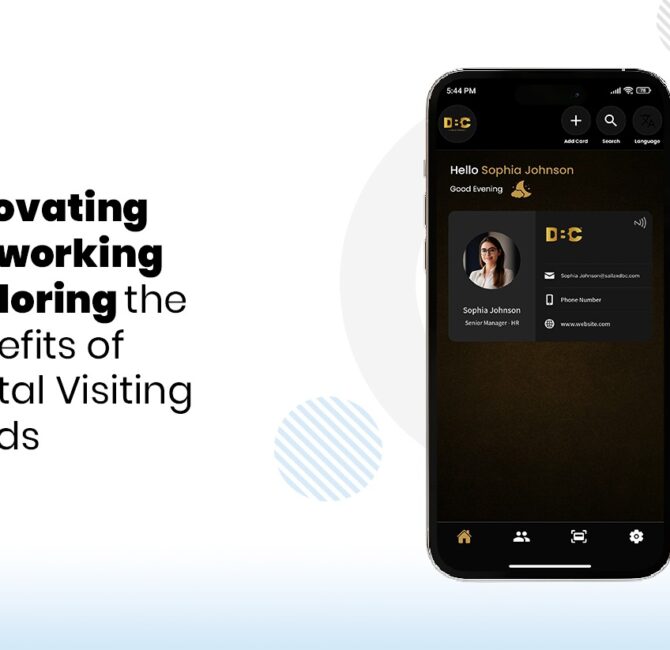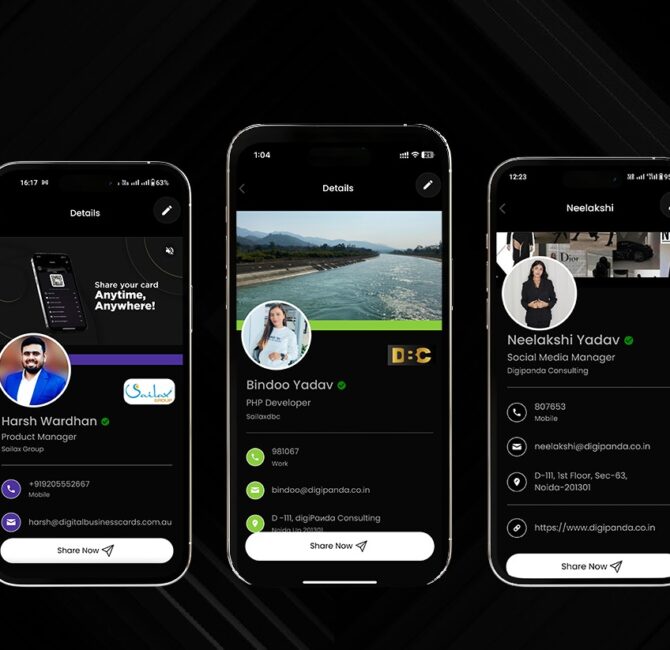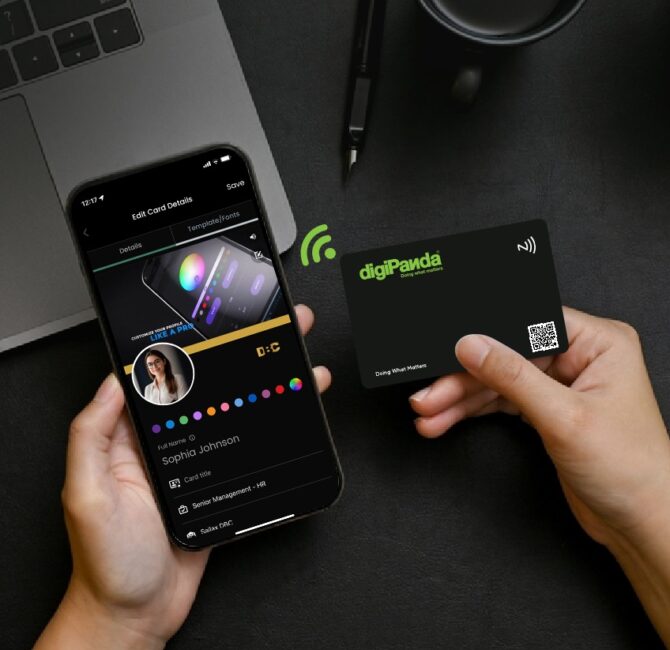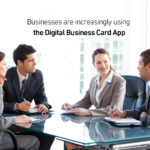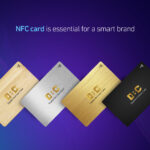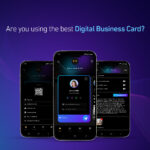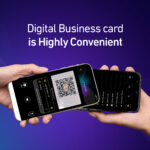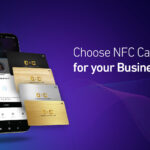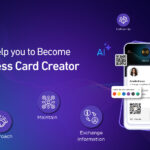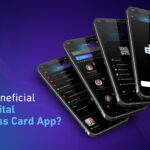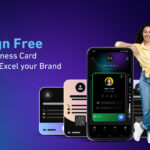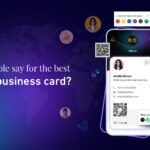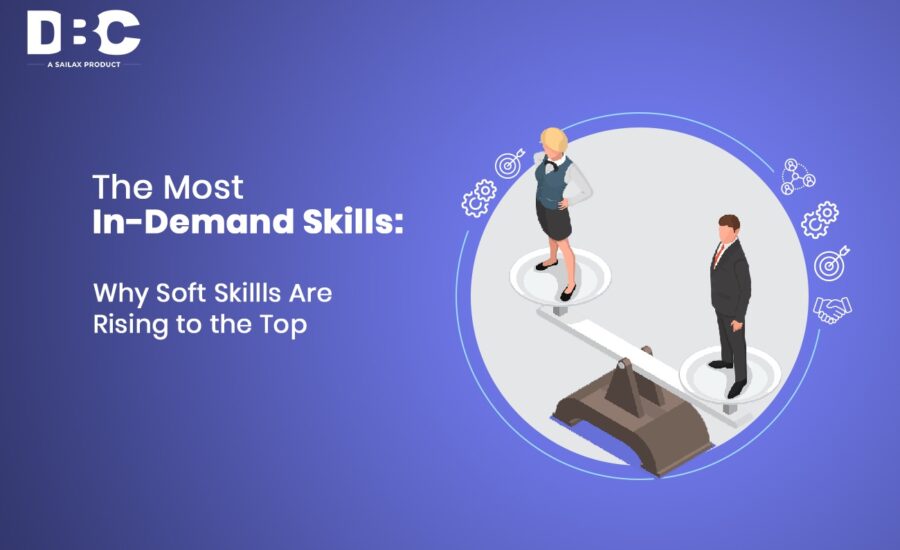
Mastering These Top In-Demand Soft Skills for 2024
Whether you’re updating your resume for job applications, aiming for a promotion, or seeking greater job satisfaction, mastering these soft skills can be your ticket to success. In the ever-evolving landscape of professional development, soft skills serve as the distinguishing factor that propels individuals to the forefront of their fields.
Be it networking like a pro with Digital business cards or acing the AI game, this article will talk about the top attributes employers seek in 2024, and explore the key soft skills essential for your professional growth.
What are Soft Skills?
Soft skills also referred to as power skills, common skills, or core skills, are universally applicable attributes that transcend specific professions. These skills revolve around your ability to interact effectively with others, navigate interpersonal relationships, and thrive in diverse professional environments.
How Are Soft Skills Different From Hard Skills
While both soft and hard skills are invaluable to employers, they differ in their nature and application. Soft skills encompass traits related to personality and non-technical abilities, emphasizing qualities such as communication, adaptability, and emotional intelligence.
In contrast, hard skills entail specific knowledge, technical proficiencies, and expertise in particular subjects, typically acquired through education and hands-on experience in the workplace.
Should Soft Skills be Included in a Resume?
Absolutely. Soft skills are indispensable assets in any professional’s toolkit, and they deserve a prominent place on your resume. However, unlike hard skills that can be easily listed under specific job experiences or in a dedicated skills section, soft skills require a more nuanced approach to integration.
Soft skills should be seamlessly woven into your work experience section, highlighting projects and experiences where these attributes were exemplified. This approach not only provides tangible evidence of your soft skills but also ensures that they are presented in context, with real-world examples to substantiate their importance and relevance.
What Soft Skills Are Employers Seeking?
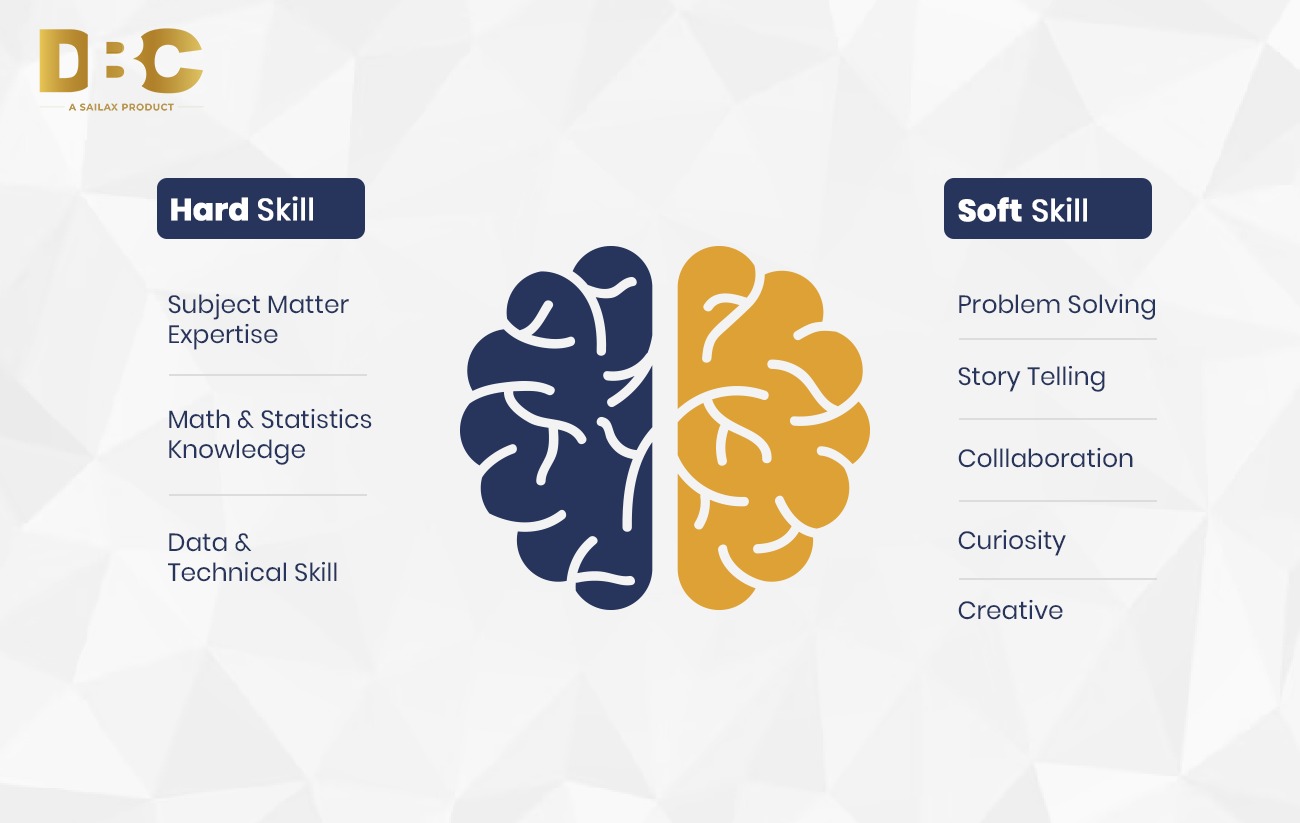 In a constantly evolving job market where keeping pace with the latest technical skills can seem daunting, the timeless relevance of soft skills remains undeniable. These 20 skills are universally beneficial across industries, offering individuals a competitive edge regardless of their field of expertise.
In a constantly evolving job market where keeping pace with the latest technical skills can seem daunting, the timeless relevance of soft skills remains undeniable. These 20 skills are universally beneficial across industries, offering individuals a competitive edge regardless of their field of expertise.
Adaptability
The rapid transition to remote work underscored the importance of adaptability in today’s dynamic work environments. Adaptability entails not only thriving in diverse settings but also swiftly acquiring new hard skills and acclimating to changes within the workplace.
Communication
Mastering the art of conveying ideas, opinions, and perspectives concisely and effectively is a skill that transcends professions. In an era where business moves at lightning speed, the ability to communicate with clarity and speed has become indispensable for success.
Critical Thinking
Employers increasingly value critical thinking skills, recognizing their role in problem-solving and decision-making processes. Job interviews often include assessments of critical thinking abilities, highlighting the importance of honing this skill through practice and preparation.
Digital Literacy
Gone are the days of simply listing Microsoft Office proficiency on your resume. Employers now seek individuals who can quickly adapt to various digital tools, whether it’s a new task management system, design software, or even a digital business card. Digital literacy signals to employers that you can swiftly learn and navigate different digital platforms, regardless of prior experience.
Time Management
In a remote work environment, strong time management skills are crucial for maintaining productivity and meeting deadlines. Demonstrating the ability to manage time effectively without constant oversight instills confidence in employers, showcasing your capacity to excel in autonomous work settings.
Which Soft Skills Can Propel My Career Forward?
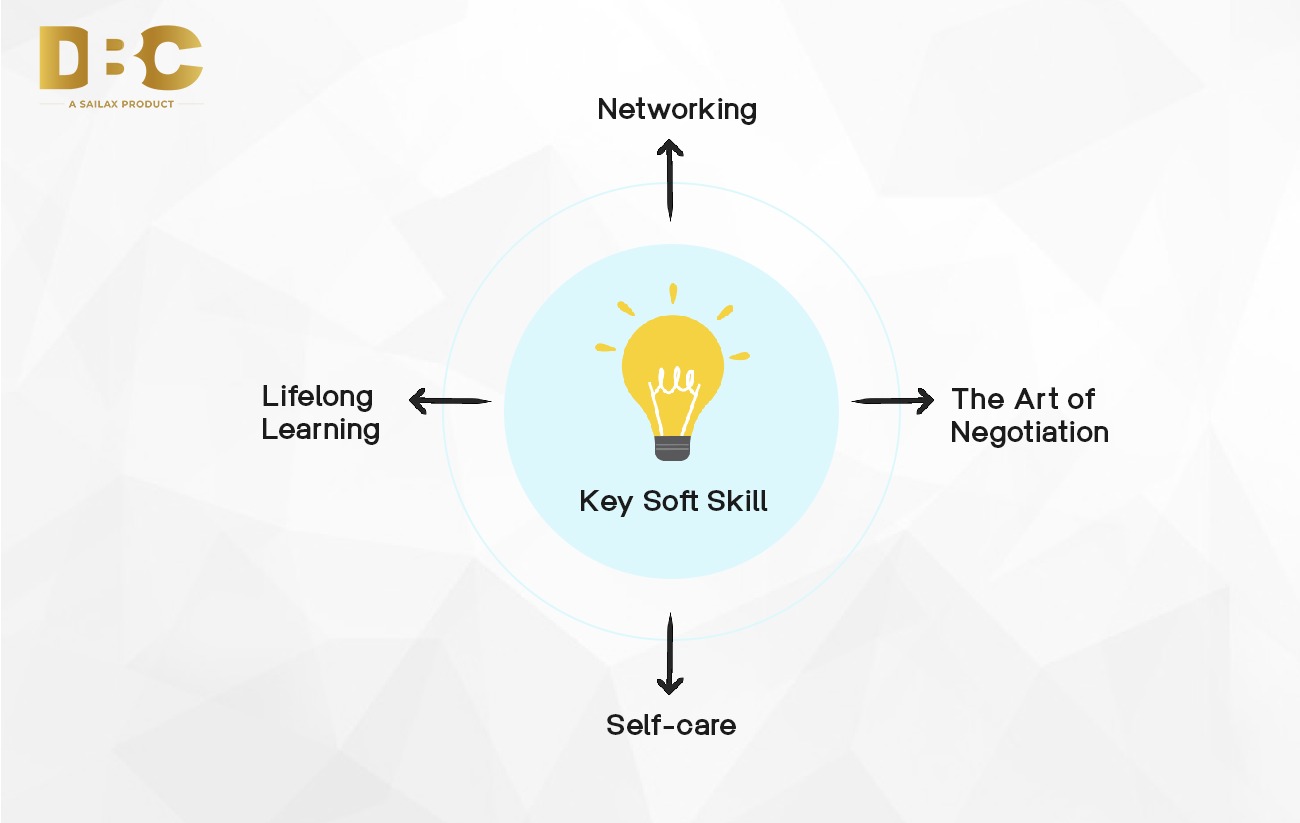 Expanding your repertoire of soft skills isn’t solely about job hunting; it’s about enhancing your current role and positioning yourself for future opportunities.
Expanding your repertoire of soft skills isn’t solely about job hunting; it’s about enhancing your current role and positioning yourself for future opportunities.
1. Networking
In today’s professional landscape, building connections and expanding your network are paramount for career advancement. However, traditional networking methods have evolved, with social media and virtual events becoming the norm. To adapt, consider leveraging tools like Sailax DBC to create virtual business cards that can be effortlessly shared in any networking scenario, including virtual meetings on platforms like Zoom.
2. Lifelong Learning
Embracing a mindset of lifelong learning is essential for staying abreast of the rapidly changing business environment. Demonstrating the initiative to continuously acquire new skills showcases your commitment to professional growth. Platforms like LinkedIn Learning offer convenient resources to facilitate ongoing learning and skill development.
3. The Art of Negotiation
While salary transparency is increasingly prevalent, effective negotiation skills remain crucial during the job search process. Understanding your worth and confidently advocating for fair compensation is key to securing favourable employment terms. Equip yourself with the ability to negotiate effectively to ensure that your future employer recognizes and values your contributions appropriately.
4. Self-care
Amidst the pressures of the workplace, burnout poses a significant challenge to employee well-being. Prioritizing self-care and maintaining a healthy work-life balance is essential for fostering happiness and productivity both on the job and at home. Incorporating daily breaks and disconnecting from work, even for brief intervals, can alleviate work-related stress and promote overall well-being.
5. Confidence
Imposter syndrome affects approximately 70% of individuals in the workplace, causing feelings of inadequacy and a sense of not belonging. Overcoming these doubts about your abilities is crucial for personal and professional growth.
By cultivating confidence in your skills and accomplishments, you can combat imposter syndrome and excel in your work. When you exude confidence, it reflects positively on the quality of your work and your overall professional demeanour.
Conclusion
As we navigate through 2024 and beyond, mastering soft skills is essential for thriving in the digital business landscape. By honing your communication, adaptability, emotional intelligence, leadership, and networking skills, you can position yourself for success in a competitive market.
With Sailax DBC digital business card as your secret weapon, you have the power to showcase your abilities, build meaningful connections, and unlock endless possibilities for growth and advancement.
FAQs
1. What is a digital business card and how does it differ from a traditional business card?
A digital business card is a virtual representation of your professional identity, containing essential contact information, links to social media profiles, and a brief overview of your skills and expertise. Unlike traditional paper business cards, digital business cards can be easily shared via email, text, or social media platforms, allowing for seamless networking in today’s digital age.
2. How can a digital business card enhance my networking efforts in 2024?
In a world where digital networking has become the norm, a digital business card provides a convenient and effective way to connect with industry peers, potential employers, and clients. By including links to your LinkedIn profile, personal website, or online portfolio on your digital business card, you can showcase your professional achievements and expertise, making it easier for others to learn more about you and engage with your content.
3. Are there any specific features or design elements I should consider when creating my digital business card?
When creating your digital business card, consider incorporating eye-catching design elements, such as vibrant colours, clear typography, and professional imagery, to make a memorable impression. Additionally, ensure that your digital business card is mobile-friendly and optimized for viewing on various devices, as many networking interactions now take place on smartphones and tablets.
4. How can I leverage my digital business card to stand out in a competitive market?
To maximize the impact of your digital business card, tailor your messaging to highlight your unique value proposition, skills, and achievements. Use personalized language and storytelling techniques to convey your professional brand and establish a genuine connection with your audience. Additionally, regularly update your digital business card with new accomplishments and relevant content to keep it fresh and engaging.




